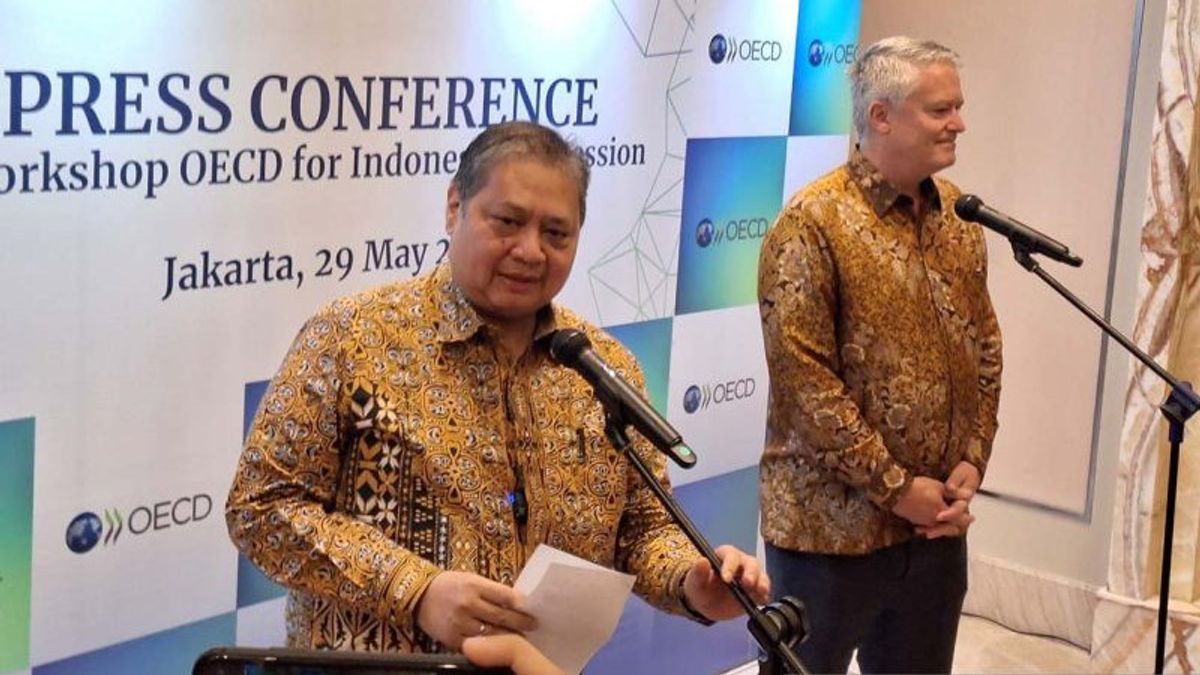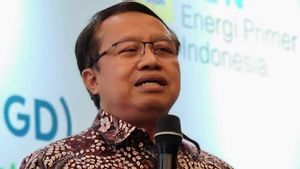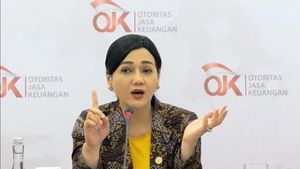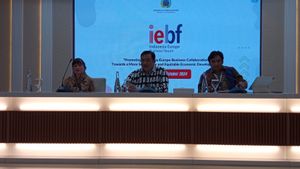JAKARTA - Economists assess that membership in the Organization for Economic Cooperation and Development (OECD) will later reduce Indonesia's dependence on China.
"We see that the motive for Indonesia's geopolitical economy to enter OECD is to balance investment from China," said International Economist NGO Forum on Indonesian Development (INFID) Angelika Fortuna Dewi Rusdy as reported by ANTARA, Tuesday, July 23.
Referring to data from the Central Statistics Agency (BPS), China has consistently been Indonesia's trading partner in the last nine years, where the trade balance between the two countries has reached 75.34 billion US dollars as of December 2023.
Angelika Fortuna noted that Indonesia's cooperation with Western countries has slumped since China's closeness to Indonesia.
This condition has the potential to make the country dependent on China. Meanwhile, China's domestic economy is expected to slow down in the next five years, posing a risk to the stability of the Indonesian economy.
For this reason, he sees that Indonesia's joining the group of OECD countries can open up opportunities for partner diversification as well as exploring broader markets and investments in countries with a large and advanced economy.
However, Angelika highlighted the importance of Indonesia to reduce dependence on the extractive sector. State revenues so far are still dominated by the results of the extraction of natural resource commodities (SDA) whose availability is limited at volatile prices and demand is greatly influenced by the economy of developed countries. This condition is considered risky for Indonesia.
Responding to these challenges, Indonesia is advised to invest more in human capital accompanied by technology transfers.
It aims to increase the added value of domestic production and accelerate diversification to a more sustainable economic sector.
SEE ALSO:
The study was contained in a document entitled 'Bubanga Rampai: Reviewing Indonesia's Accession to the Organization for Economic Co-operation and Development (OECD) in the Civil Society's Perspectives'.
The documents were compiled by a number of organizations, including the International NGO Forum on Indonesian Development (INFID), Center of Economic and Law Studies (CELIOS), Migrant CARE, The PRAKARSA, Publish What You Pay (PWYP) Indonesia, and Transparency International (TI) Indonesia.
The English, Chinese, Japanese, Arabic, and French versions are automatically generated by the AI. So there may still be inaccuracies in translating, please always see Indonesian as our main language. (system supported by DigitalSiber.id)
















